-
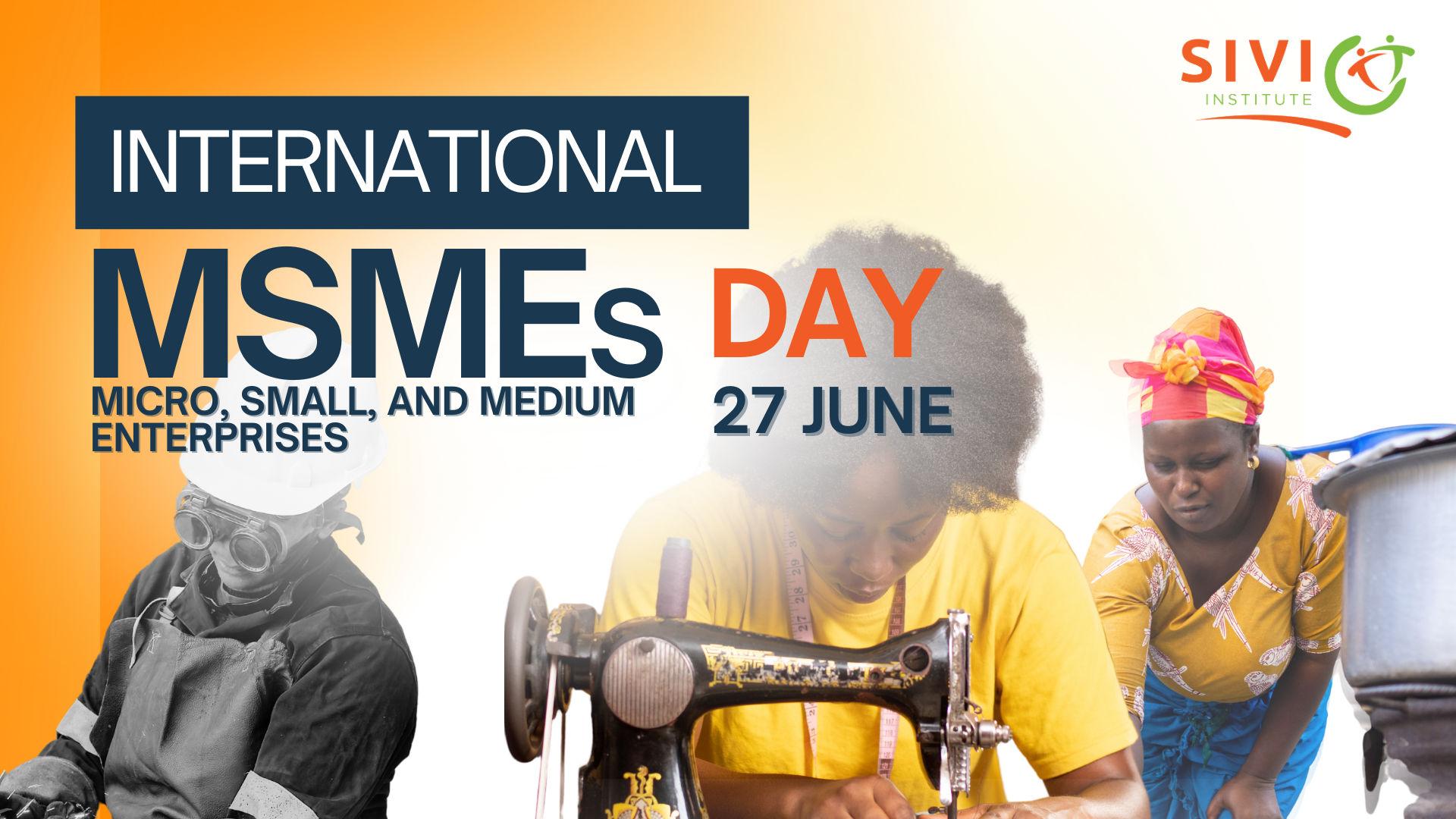
MSMEs are Africa’s Backbone — Let’s Strengthen Their Foundation!
From corner market stalls to digital startups, MSMEs power the African economy, creating jobs, sustaining communities, and driving innovation. Yet, too many face financial barriers that limit their potential. This Micro-Small and Medium-sized Enterprise (MSME) Day, let’s go beyond celebration. Let’s push for real financial inclusion. The Impact of MSMEs Did you know that Micro,
-
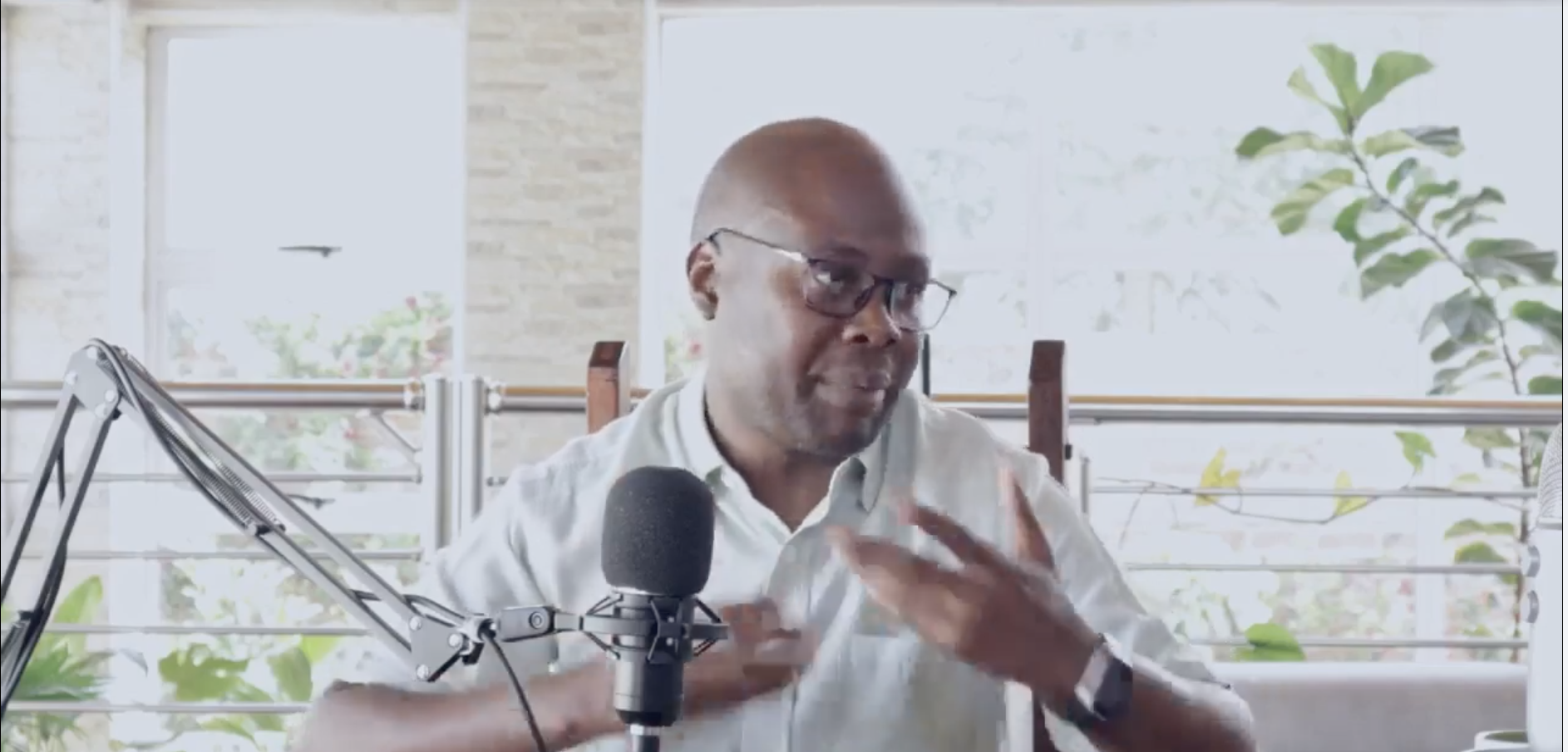
What If Re-broadcasts on HSTV
What If Re-broadcasts on HSTV We are excited to share that our What if Series is being rebroadcast on the much-loved Heart and Soul TV (HSTV). The episodes are being rebroadcast every Tuesday at 2pm. The What if series is a collection of development focused conversations that seek to reimagine being and life conditions of
-
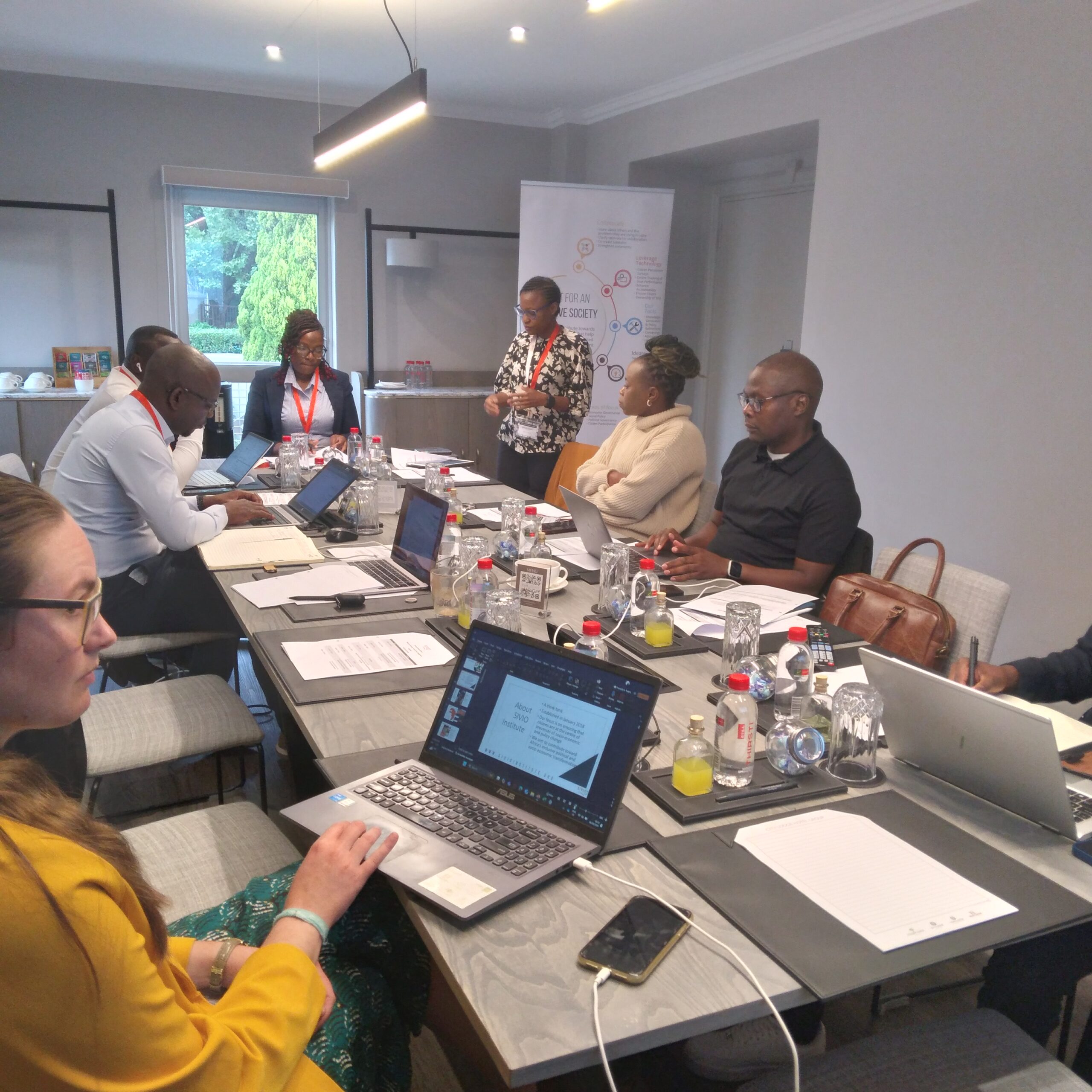
The African Citizens Watch team expands into the region
The SIVIO Institute team is in South Africa for the first-ever regional meeting of African Citizens Watch. This meeting is the first with our growing regional team that will be working to enhance the tracking of the African Citizens Watch platform. We will be tracking government performance in South Africa, Malawi, Zambia and Zimbabwe. We
-
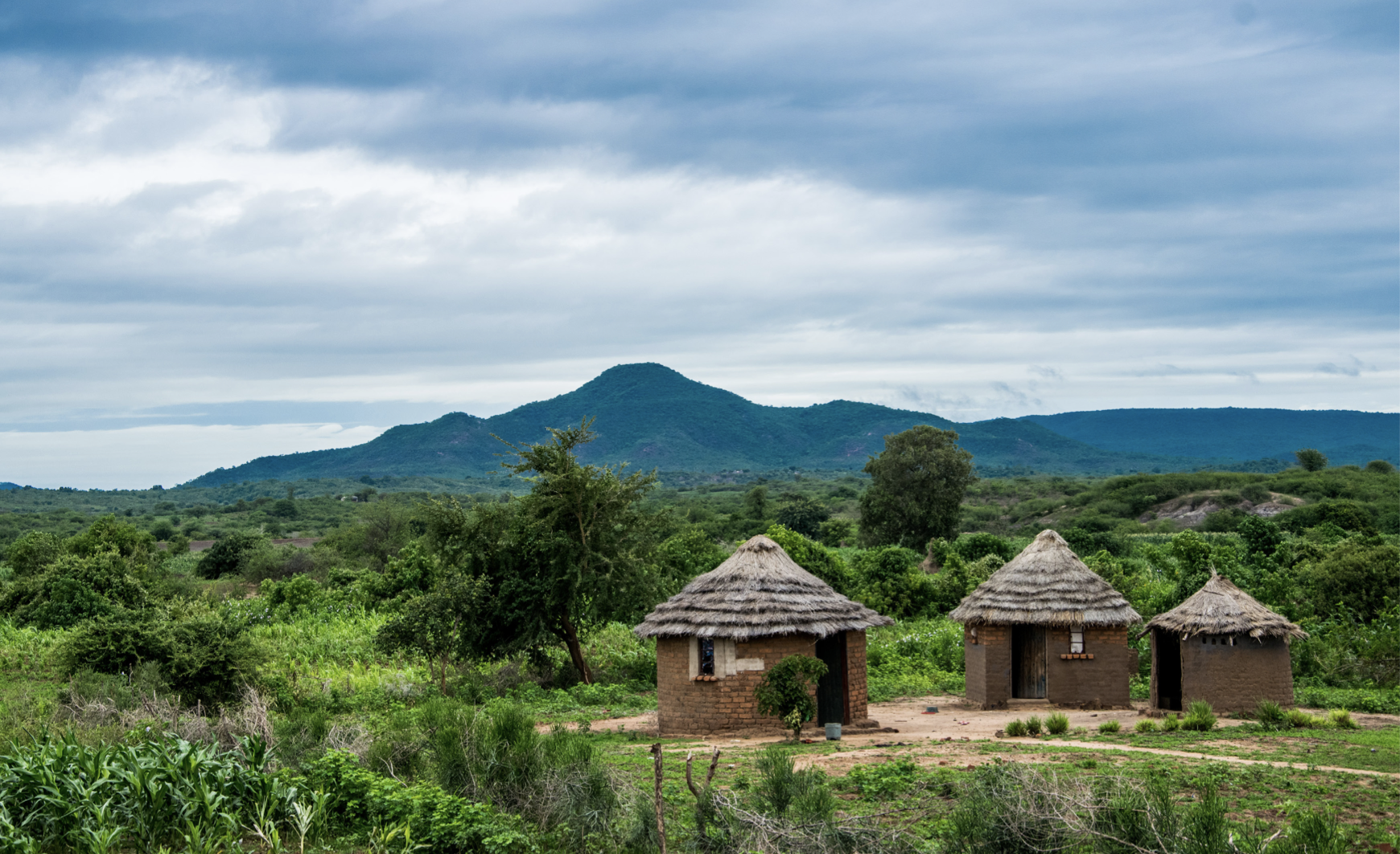
Latest Developments on Land Tenure Reforms in Zimbabwe
Tendai Murisa, 9 October, 2024 Yesterday (8 October 2024), the Government of Zimbabwe (GoZ) announced a major shift on land tenure in fast-track farms. According to the announcement, GoZ intends to issue a bankable form of title to land where the owners of the land can borrow against the land and sell the land or
-
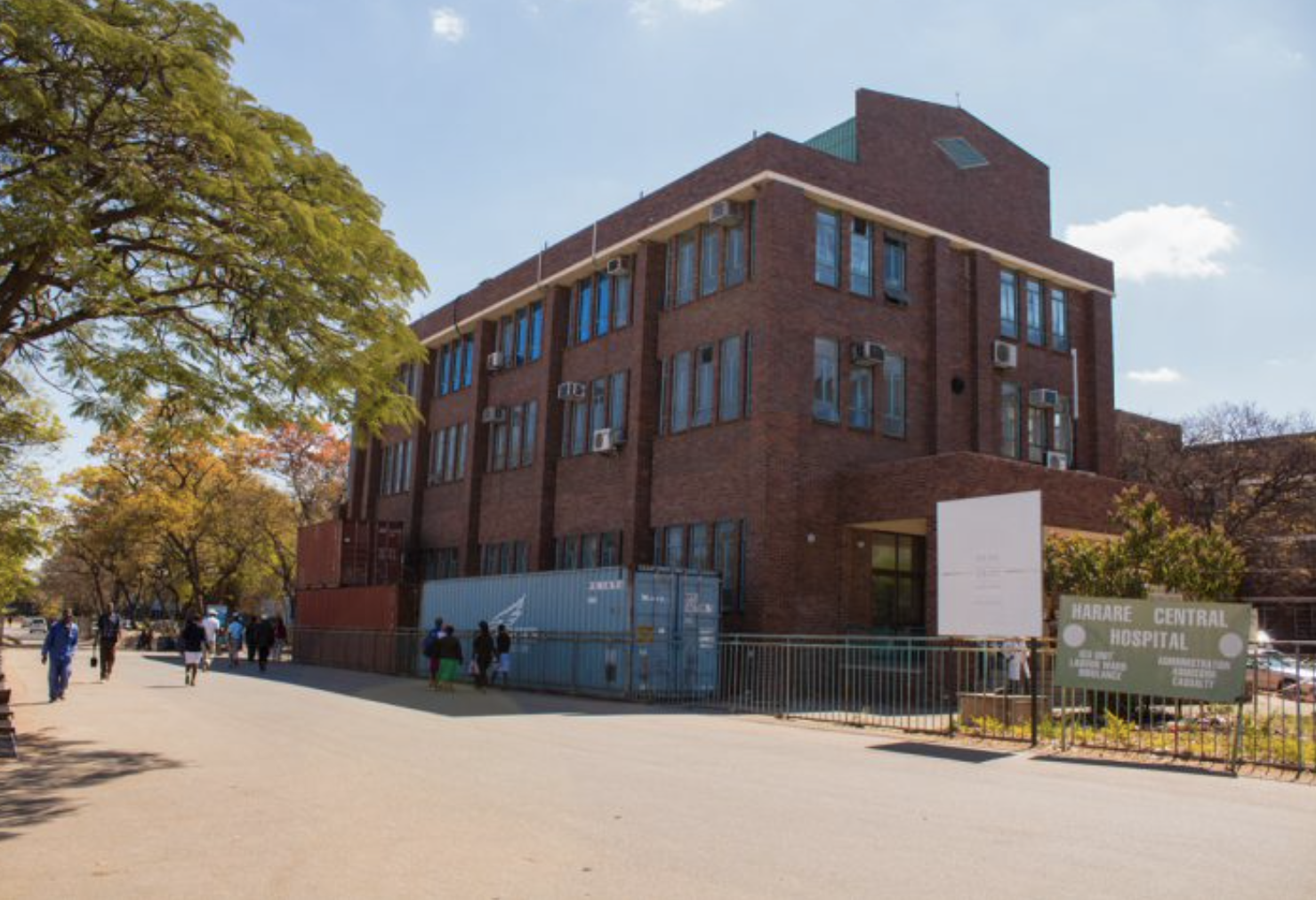
From Promise to Despair: The Individual Impact of the Collapse of Healthcare Systems in Zimbabwe
The collapse of Zimbabwe’s healthcare system has left a trail of devastation in its wake. Once a beacon of hope and a model for other African countries, the healthcare system has deteriorated alarmingly. Hospitals lack basic medical supplies, equipment, and staff, leaving patients to suffer and die from treatable conditions. The personal toll of this
-

Corruption Amplifies Social Pathology in Zimbabwe: A Call to Action
Since August 2023, we have been experimenting with the idea of advocacy labs. The big idea was to ensure that we broaden ordinary citizens’ participation in advocacy by training them on a how to run an advoccay campaign. The labs are centred around what citizens had seen as the top priority for the Zimbabwe government
-

Digital inclusion and African startups -has the internet really helped promote access?
In May of 2024, we published a report – An Assessment of Digital and Traditional Financial Inclusion of Micro, Small and Medium Enterprises in Kenya, Malawi and Zambia. This report was developed alongside an index (The SI-FIndex) measuring and comparing the level of access MSMEs have to financial products and services. When considering digital inclusion, this
-
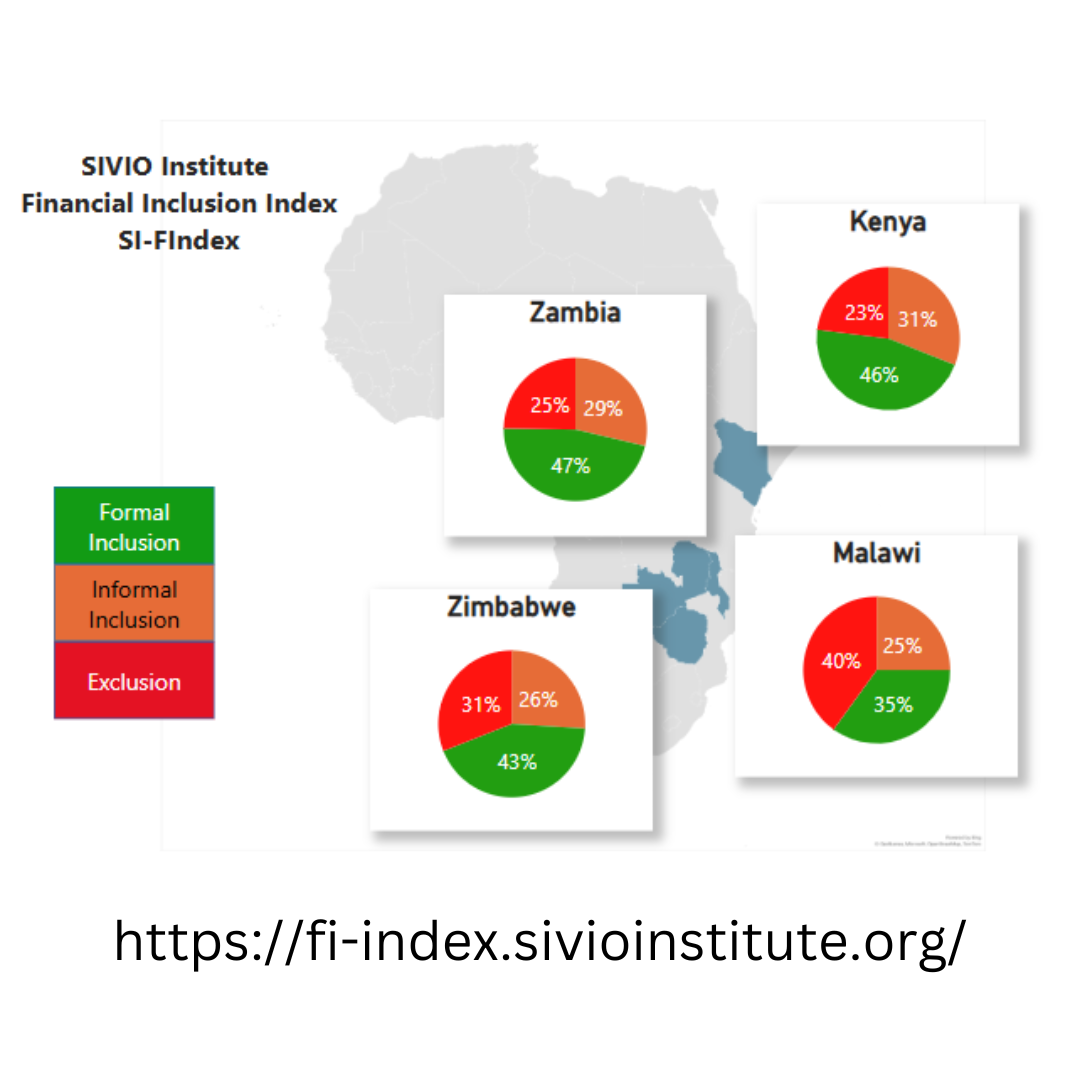
Compliance is still a key factor for determining the financial inclusion of MSMEs.
But when we consider the high rate of informality in Africa, does this mean we should re-think our objectives for financial inclusion, or should we change our focus when it comes to making informal MSMEs compliant? How far have we come with financial inclusion? In the last few years, financial inclusion has become an important
-

The Fourth Industrial Revolution and Africa’s SMEs: Some Big Gaps with Lot’s of Space for Growth!
MSMEs (Micro, Small, and Medium Enterprises) in Africa Micro, small, and medium enterprises (also known as MSME’s) are the vast array of startups which characterise our economies. They range from small one-man operations on the roadside or a barber’s chair or the influencer behind a computer, to larger more affluent businesses with numerous employees, robust
-
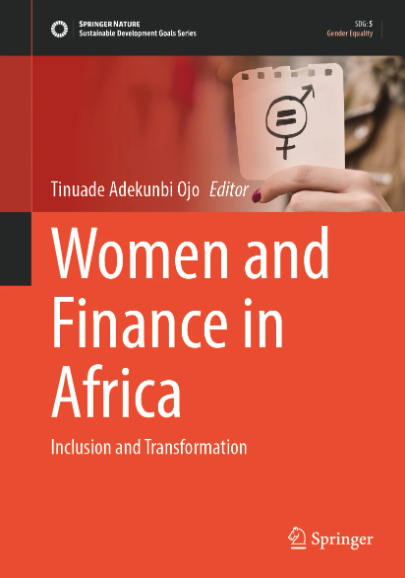
Book chapter – Women and Finance in Africa: Inclusion and Transformation
Women and Finance in Africa: Inclusion and Transformation This volume presents a collection of cases that examine the status of financial inclusion for women across a variety of states in the African continent. The book uses a qualitative research method and presents both primary to secondary data to narrate the impact of gender-responsive budgeting on

Inclusion
Categories